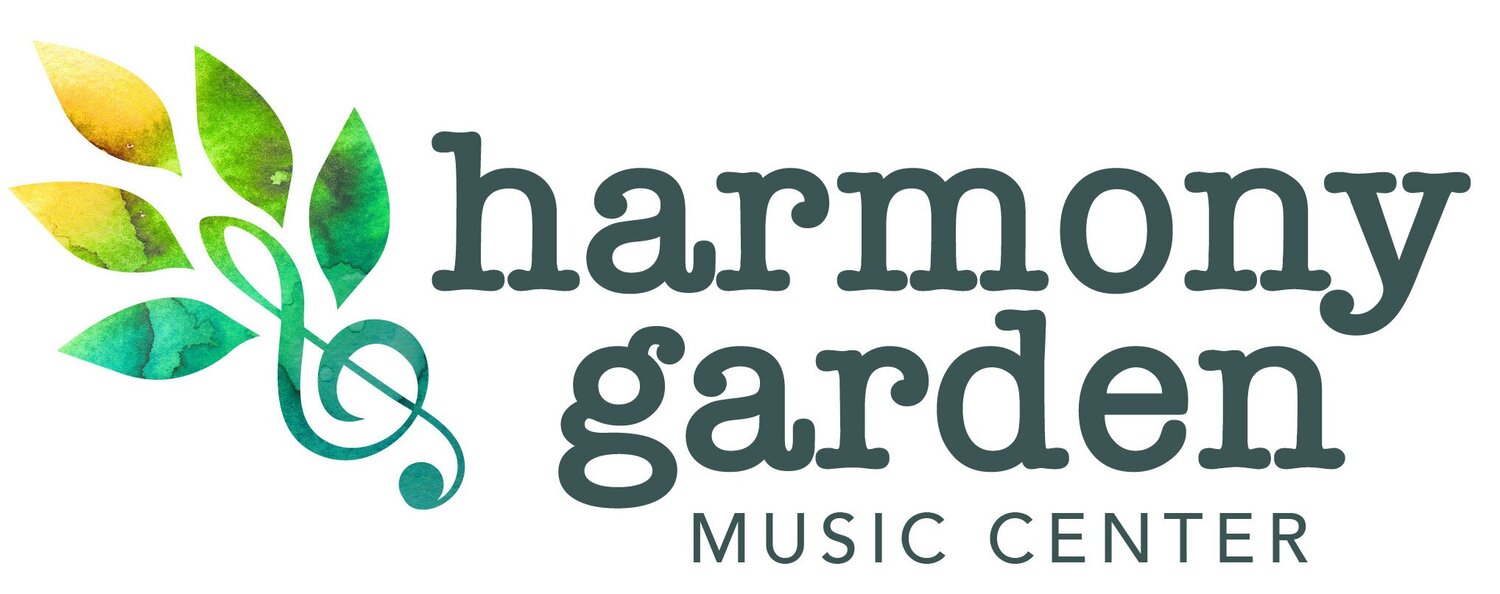Composer of the Month: George Frederick Handel
“I should be sorry if I only entertained them. I wish to make them better.” - George Frederick Handel
This month, our students are learning about the life and music of George Friderick Handel, one of the most influential composers of the Baroque era. His music is well-loved for its energy, emotion, charm, and grandeur.
Born in 1685 in Halle, Germany, Handel demonstrated an early passion for music. But Handel’s father wanted him to study law, not music. So, young George secretly practiced the clavichord in the attic while his family slept! His talent was undeniable, and at the age of seven, he was already composing. By his teens, Handel was studying music in earnest and later held prestigious posts, including Kapellmeister (music director) to a German prince. Later, he moved to London, where he became the official composer for royal occasions and founded the Royal Academy of Music.
Among his most famous works is Water Music, a collection of lively orchestral suites composed in 1717 for King George I and first performed on the River Thames - yep, the instruments were on a boat as they performed for the king!
Another iconic work, Music for the Royal Fireworks, was composed in 1749 to celebrate the signing of the Treaty of Aix-la-Chapelle and the end of a war. This majestic composition, featuring triumphant brass and bold orchestration, was performed alongside an extravagant fireworks display, making it both a historical and musical spectacle.
Perhaps Handel’s most celebrated masterpiece is Messiah, an oratorio composed in 1741. With its famous Hallelujah Chorus, Messiah has become a cornerstone of choral music, performed worldwide, particularly during the Christmas and Easter seasons.
Check out recordings of these three pieces by Handel below. Have you heard any of them before?
Handel’s Greatest Hits
“Hornpipe” from “Water Music”
Handel’s Water Music is a fun and lively piece that was written for King George I of England in 1717. The king loved music, and Handel wrote this special piece to be played on a boat while the king and his guests floated down the River Thames. Musicians played on a nearby barge, and the music was so exciting and joyful that the king asked to hear it again and again! The piece includes trumpets, horns, strings, and flutes. It’s full of energy and sounds like a royal parade on the water. Here’s one movement from the piece, “hornpipe,” styled after a lively folk dance.
“Overture” from “Music for the Royal Fireworks”
Handel wrote Music for the Royal Fireworks in 1749 to celebrate peace after a long war. It was performed in a big outdoor concert with real fireworks lighting up the sky! The music is bold, powerful, and full of excitement. It uses lots of drums, trumpets, and horns to sound grand and festive. Thousands of people came to hear it, even though it rained! This piece makes you feel like you’re at a big celebration or parade. Close your eyes and listen—you might imagine colorful fireworks bursting in the sky with every loud and joyful note.
“Hallelujah Chorus” from “The Messiah”
Handel’s Messiah is one of the most famous pieces of music ever written. Composed in 1741, he completed it in just 24 days! The multi-movement work for orchestra and choir, as well as many soloists, tells the story of Jesus’ life. It is most commonly performed at Christmas and Easter. The most famous movement is the Hallelujah Chorus. Have you heard it before?

